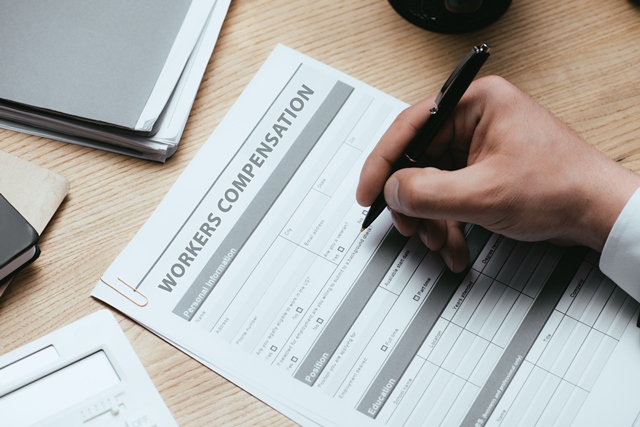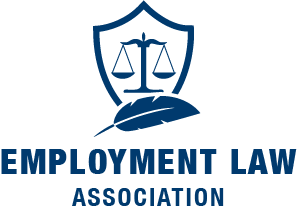Workers’ Comp Lawyer

What Makes Me Ineligible for Workers’ Compensation?
In most personal injury cases, compensation is denied if the cause of an employee’s injury is more than 50% of their fault. However, workers’ compensation doesn’t necessarily require proof of cause to file a claim. This means that an employee can be compensated due to their own careless mistakes, but there are some exceptions to this eligibility.
Intention
Most employers understand that everyone makes mistakes from time to time and some may be ignorant of safety procedures. Often these mistakes cause accidents and lead to workers’ compensation claims. However, there are times when these benefits will be denied to employees who engage in dangerous or illegal practices.
- Disregarding Safety – Employees who disregard known safety protocols or misuse equipment will not be able to file a claim.
- Fraud – Employees who intentionally hurt themselves on the job to receive benefits are not only barred from the protections of workers’ compensation but will also face legal ramifications for their actions.
Intoxication
Employees lose their right to workers’ compensation claims if the sole cause of an injury is due to intoxication. This includes legal and illegal drugs such as alcohol, marijuana, or narcotics. If they can prove that an employee was intoxicated when the injury happened, such as through a drug test, this can cause an employee’s claim to stall. For example, if an employee has a drink during their unpaid lunch break and is injured upon return, an employer may argue that the cause was the alcohol even if faulty equipment may be to blame. The employee may lose much-needed access to medical care or need to start a drawn-out court case against their employer to receive benefits.
Violence
Acts of violence are unfortunately common for many employees, with causes ranging from enraged customers to robberies. But not all acts of violence are covered under workers’ comp. If an employee is injured due to an altercation they started, they will be denied a workers’ comp claim and may face a lawsuit of their own. Likewise, if an employee is attacked due to personal issues rather than workplace issues, the employer is not liable. For example, an employee who is assaulted by a coworker for a social media post will need to file a civil suit rather than workers’ comp to receive compensation for their injuries.
While retaliation for workers’ compensation is illegal, employers may also be motivated to let an employee go if they believe the above reasons are the cause. Hire a workers’ comp lawyer such as Hurwitz, Whitcher, & Molloy – Attorneys at Law today if you feel you’re being unfairly denied your workers’ compensation.
